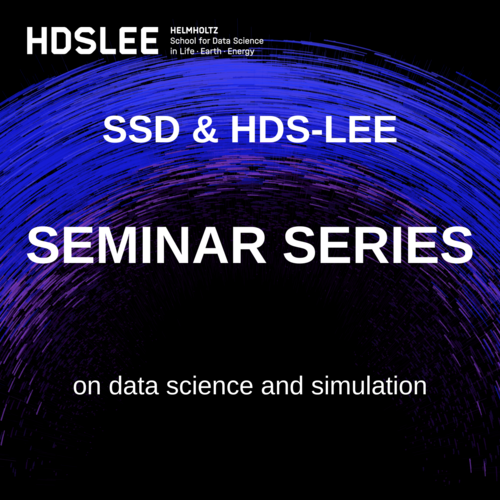Optimization of Reliable and Resilient Power Systems Planning with High Renewables Penetration
Ignacio E. Grossmann is the R. R. Dean University Professor in the Department of Chemical Engineering at Carnegie Mellon University. His talk takes place as part of the SSD Seminar Series in the Hörsaal at NGP2 (Center for Next Generation Processes and Products), Forckenbeckstraße 51, Aachen.
Abstract
With recent trends in decarbonization, the optimization of electric power systems is receiving increased attention. We consider in this talk the long-term planning of electric power infrastructuresinvolving coal, natural gas and nuclear power with high renewable penetration (wind, solar) . We propose a multi-period mixed-integer linear programming (MILP) model that incorporates both the investment decisions on the generating units, storage units, and transmission lines, and short-term unit commitment decisions to capture the variations of the renewables. To make the large-scale MILP model tractable, we propose spatial and temporal aggregation schemes that are coupled with Benders decomposition. Next, we discuss an extensions of expansion planning for designing reliable and resilient power generation and transmission systems. The models are formulated using Generalized Disjunctive Programming (GDP). The proposed models can be decomposed into a reliability-constrained expansion planning model and a scenario-based resilient evaluation model. The reliability-constrained expansion planning model first determines the optimal number of back-up units and maintenance/inspection schedules to maximize the power system reliability, while satisfying electricity demand over the planning horizon. We consider the dual role of back-up units to help increase power production and compare our method with approaches for designing reliable power systems. Finally, we evaluate the resilience of the design and operation obtained from the expansion planning model by solving multiple contingency scenarios with different extreme weather conditions. We apply the proposed models to a case study that arises in the San Diego County in California.

